Log in or create new account to save this product to your wishlist.
How to Choose Plants for a Shady Garden — from Selection to Care
There's no reason why the shaded areas of your garden should be boring. You just have to choose the right plants! Find out which plants are perfect for shade!
Latest articles
7 MIN 22 Jul How to keep your lawn in shape this summer 9 MIN 15 Jul Watering Your Garden: 10 Top Tips! 11 MIN 15 Jul Is Your Grass Type Right for your Garden? 11 MIN 10 Sep Create Your Low-Maintenance Garden – Tips and Ideas 11 MIN 08 Sep The Ultimate Guide to Choosing the Perfect Hedges for Your Garden 12 MIN 30 Aug The Top 20 Evergreen Climbers to Transform Your GardenEvery garden has shady spots, but there’s no reason why those can’t be as colourful and exuberant as the flowerbeds in full sun. But you have to choose the plants that will thrive in the shade.
- Shade-loving garden plants
- The best annual shade-loving plants
- The Best Perennial Shade-Loving Plants
- Planting and aftercare of shade-loving plants
- Tip for selecting your shade-loving plants
- Some successful shade-loving plant combinations
- Beautiful shaded gardens
- FAQs
And there’s the problem. It seems that in the garden centre, there are few plants suited to those shady areas.
But fear not, for this article is about the beautiful, colourful plants that thrive in the shade.
Shade-loving garden plants
Many garden bedding plants love the sun. But some plants prefer the shade, offering a lovely green texture in the dark corners of your garden.
In this guide, I’ll introduce you to the annual and perennial species that can beautify your shady corners.
The best annual shade-loving plants
These eight shade-loving plants are the ideal choice to add texture and colour:
Coleus
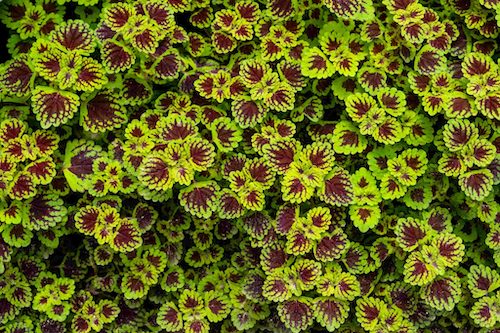
Yellow, red, green, violet — coleus leaves are stunningly beautiful in striking colours. Also known as fly bush, hedgehog flower, spurflower, and hullwort.
This annual shade-loving plant is simple to care for. However, it doesn’t like lime soil, so if you have hard, chalky water, it might not thrive if watered from the mains.
Planting time: May, after the risk of frost
Growth height: 30-80cm
Flowering period: June to October
Care: needs a lot of water
Pansy
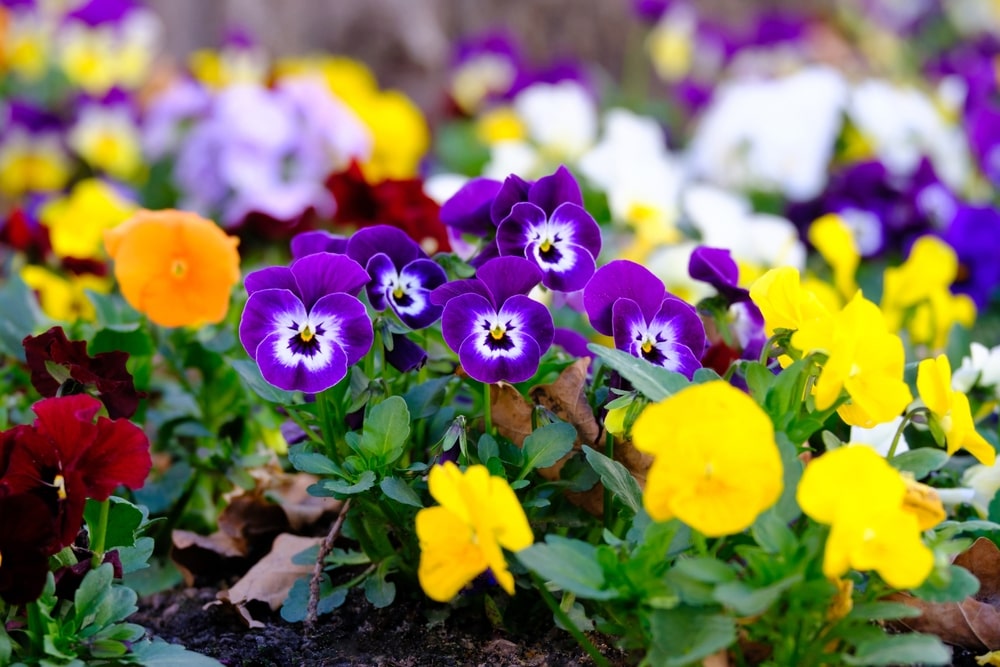
The Viola x wittrockiana (aka the pansy) is one of the most popular annual shade-loving plants, providing wonderful springtime blooms. Expect gorgeous white, yellow, or bright violet flowers, depending on the variety.
Pansies are happiest in brighter shade, so they tolerate some direct sun. You can even plant them in October for autumnal colour.
Planting time: March to October
Growth height: small plants, around 15cm
Flowering period: blooms for around 3 months
Care: deadhead regularly for continued blooms
Lobelia
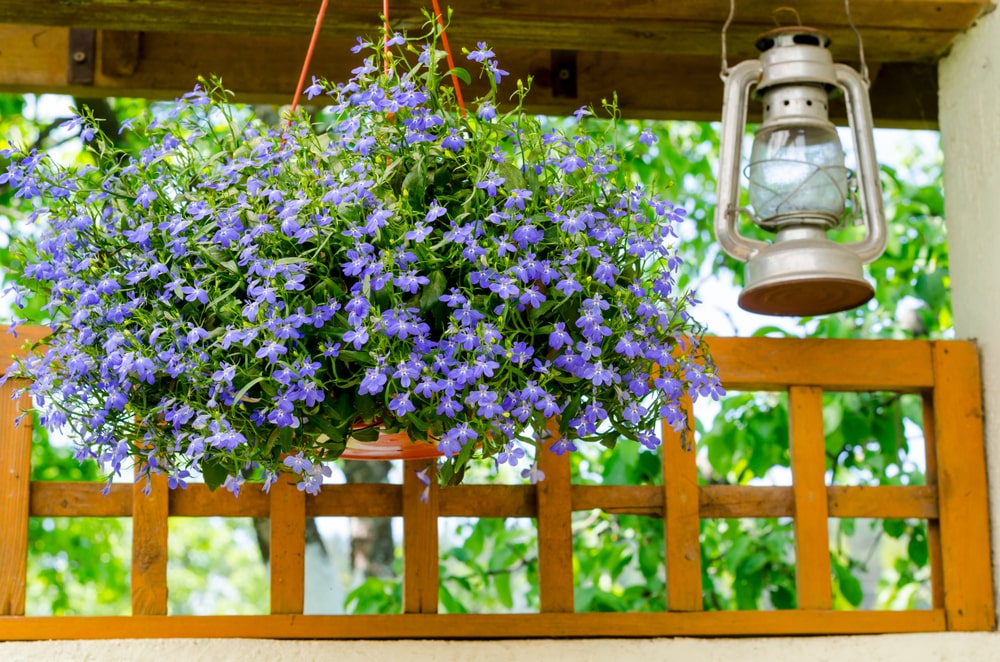
The lobelia is the plant that just keeps giving, thriving in full sun but equally happy in partial to full shade.
These bushy plants produce hundreds of tiny blooms, are loved by the bees, and provide lovely blue, violet, or white flowers from May to September.
Lobelia is happy in pots, hanging baskets, and flowerbeds.
Planting time: May, after the risk of frost
Growth height: 15-35cm
Flowering period: June to September
Care: Use a low-nitrogen fertiliser
The Best Perennial Shade-Loving Plants
Perennial plants die off and return the following year. Or some remain evergreen, providing year-long interest.
These are some of my favourite plant-tolerant perennials:
Ferns
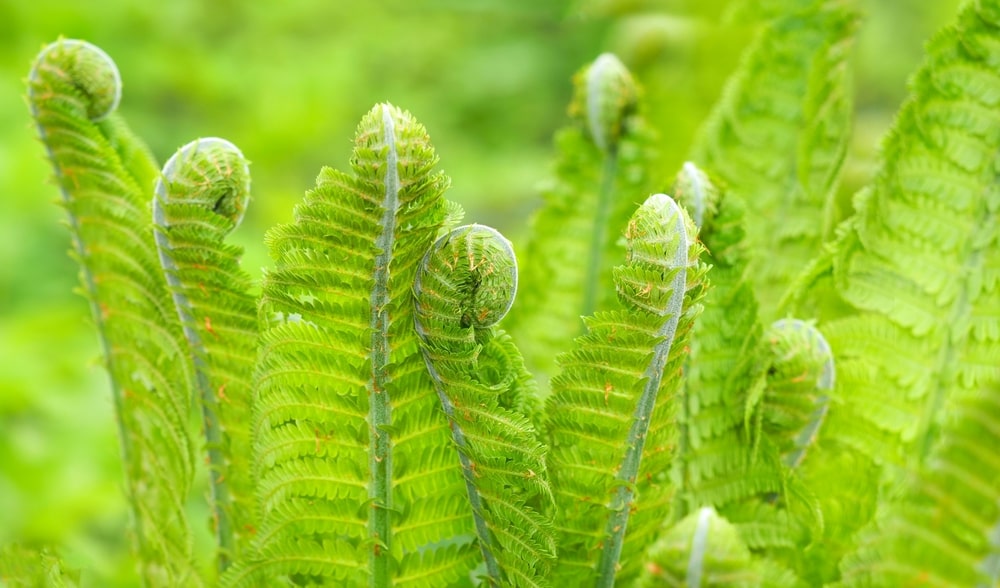
Ferns are classic shade plants that give your garden a slightly prehistoric charm. Not all ferns are happy in the shade, but most thrive in dark corners. Most ferns are happy in cool temperatures.
Ferns are notoriously easy to look after — in fact, they often simply appear in your garden without specifically planting them.
Planting time: Spring
Growth height: 15-250cm
Flowering period: most ferns don’t bloom, but blooming varieties produce flowers from September to November
Care: prefers well-drained soil, but don’t let the earth dry out.
Hosta
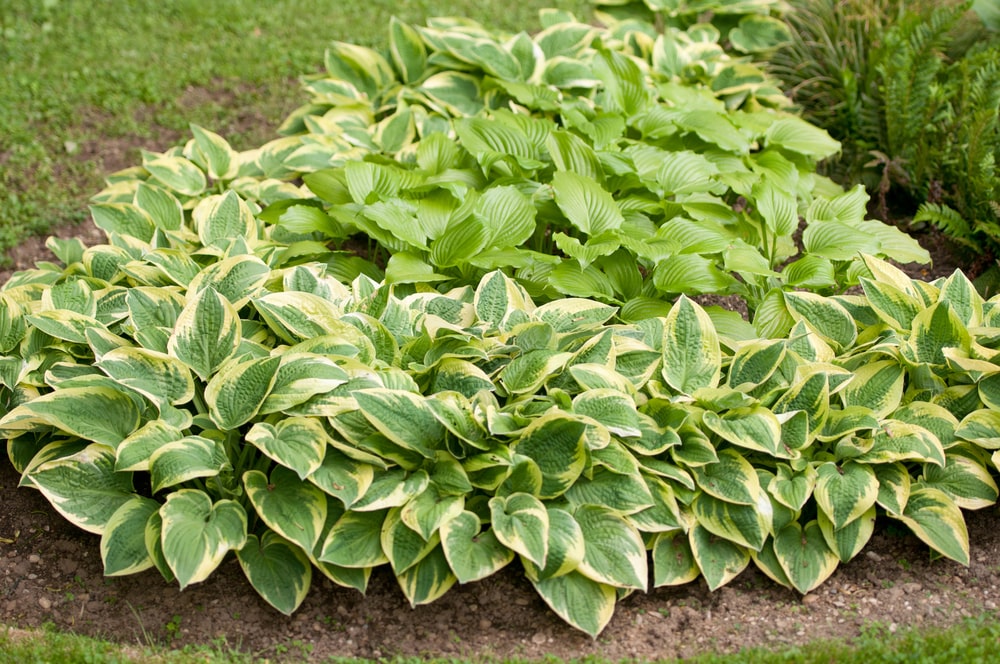
Hosta is a perennial shade-loving plant famed for its attractive, heart-shaped leaves. Many varieties flower when they’re happy in their shady spot.
Variegated varieties have lovely decorative leaves in various colours.
Planting time: from May, after the risk of frost, until October
Growth height: 20-40cm
Flowering period: June to September
Care: keep the soil moist
Alchemilla
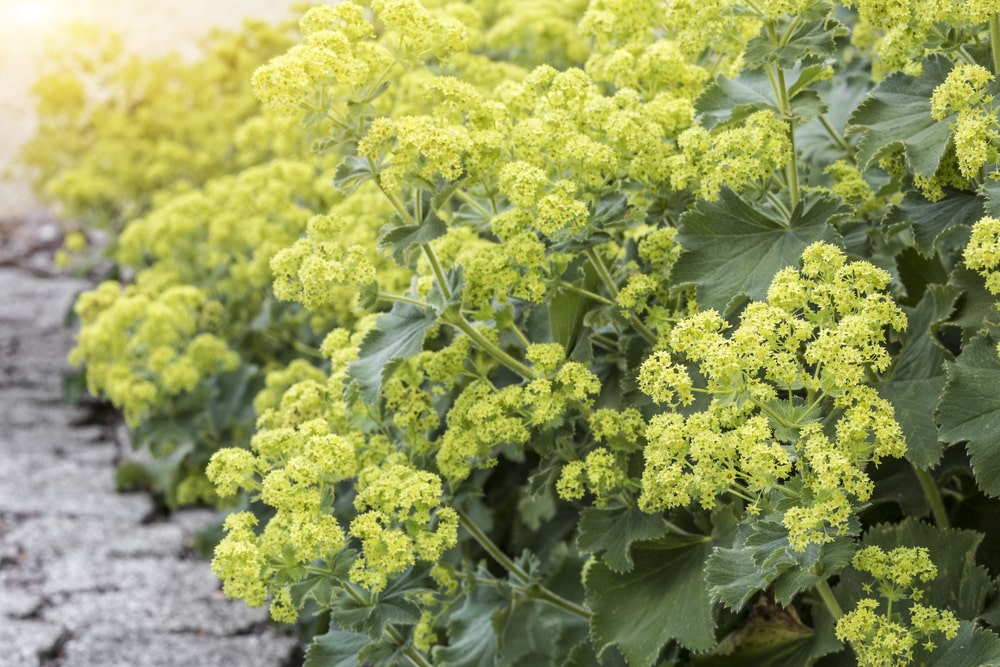
Aka Lady’s Coat, Alchemilla is a perennial shade plant that stands out for its delicate green leaves and delicate yellow-green flowers.
Ideal for shady locations, Lady’s Coat is hardy and easy to care for.
Planting time: spring or autumn
Growth height: 15-50cm
Flowering period: June and July
Care: requires damp, well-drained soil
Heuchera
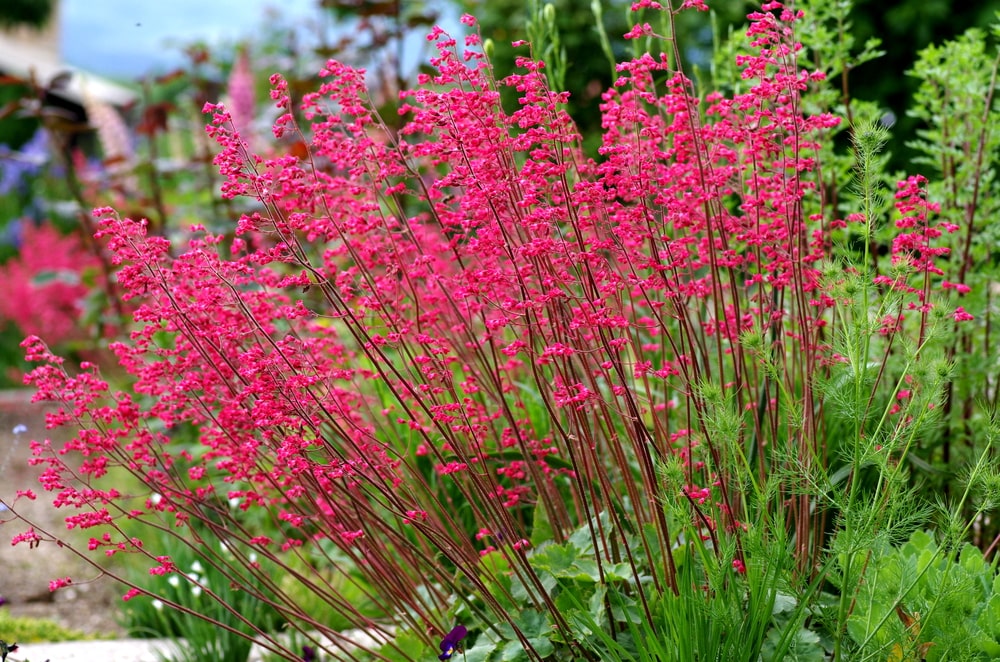
These perennial shade plants provide eye-catching, colourful leaves and delicate cone-like flowers. Aka Purple Bells, these plants thrive in the shade and are available in various colours.
And as a little bonus, the heuchera also looks lovely during the winter!
Planting time: spring or autumn
Growth height: 20-90cm
Flowering period: April to September
Care: prefer acidic soil. Fertilise with coffee grounds.
Woodruff
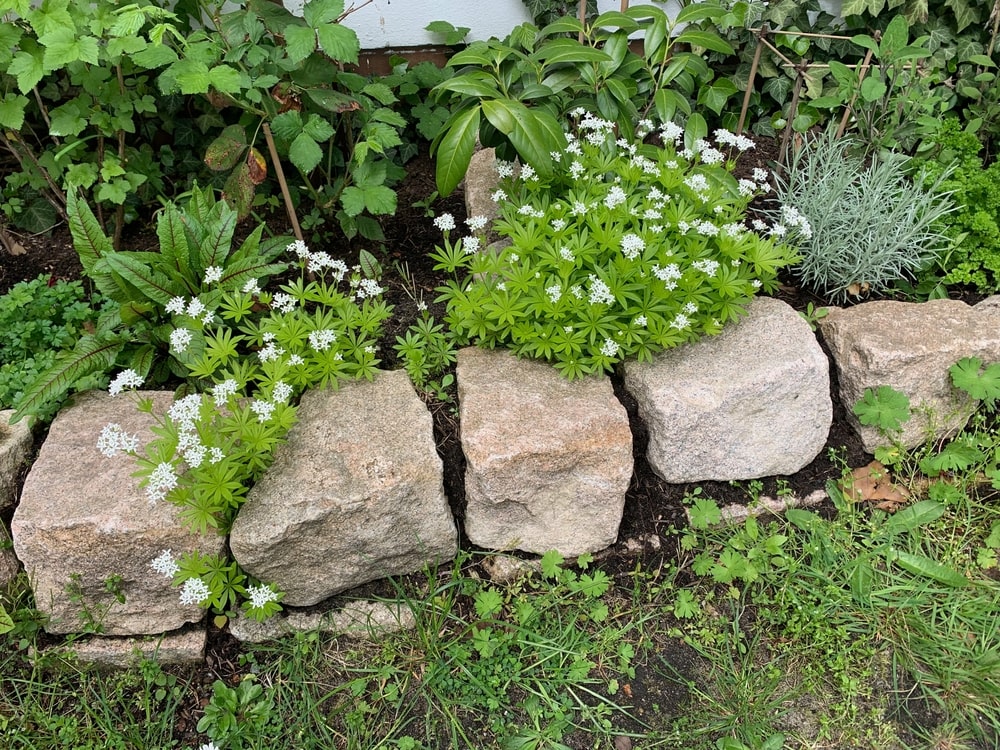
The Galium odoratum (aka woodruff) is a perennial shade-loving plant that produces a delightful, intense aroma. With tiny white blossoms, woodruff is an excellent addition to a rockery — often seen growing between the bricks in walls.
Planting time: March or October
Growth height: 5-50cm
Flowering period: April to June
Care: prefers acidic soil and lots of water.
Lily of the Valley
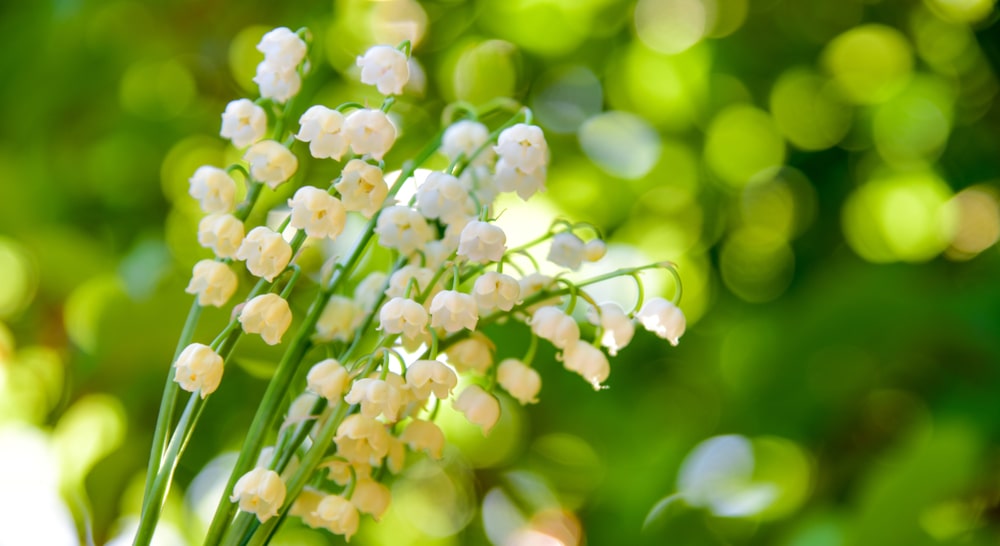
The lily of the valley is a gorgeous shade-tolerant perennial with fragrant, bell-shaped flowers and shiny leaves.
Easy to care for and tolerant of deep shade, this hardy plant is the ideal decoration for shaded gardens.
Planting time: spring to autumn
Growth height: 15-30cm
Flowering period: April to June
Care: requires well-drained soil
Forget-Me-Not
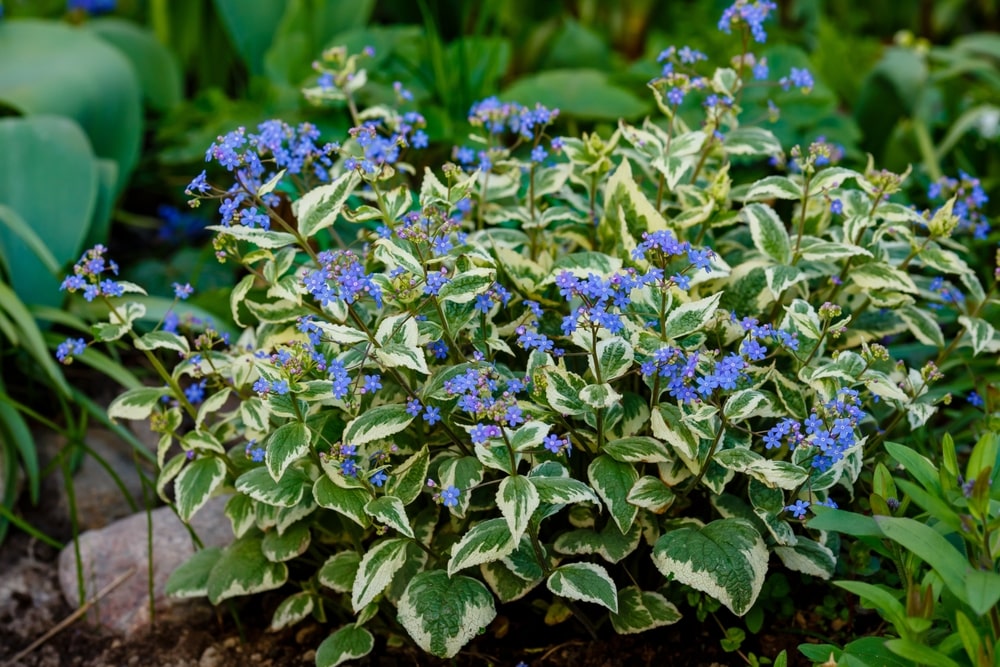
The Caucasus Forget-Me-Not (Brunnera macrophylla) is a charming shade-loving perennial that stands out for its delicate, sky-blue flowers and attractive heart-shaped leaves.
Planting time: spring
Growth height: 30-50cm
Flowering period: April to May
Care: don’t allow the soil to dry out
Asian bleeding heart
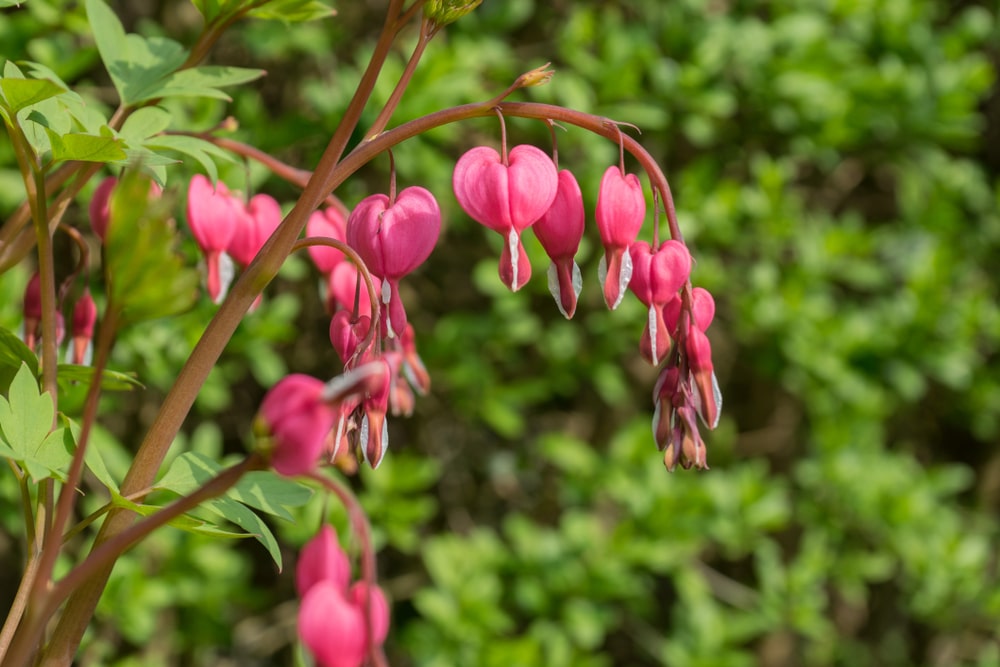
The bleeding heart is an extraordinary flowering plant that does well in the shade. The profusion of pink heart-shaped flowers has a white teardrop at the bottom tip, giving these exotic plants a very welcome place in your shady garden.
Planting time: spring to autumn
Growth height: 40-80cm
Flowering period: May to June
Care: requires lots of water
Rhododendron
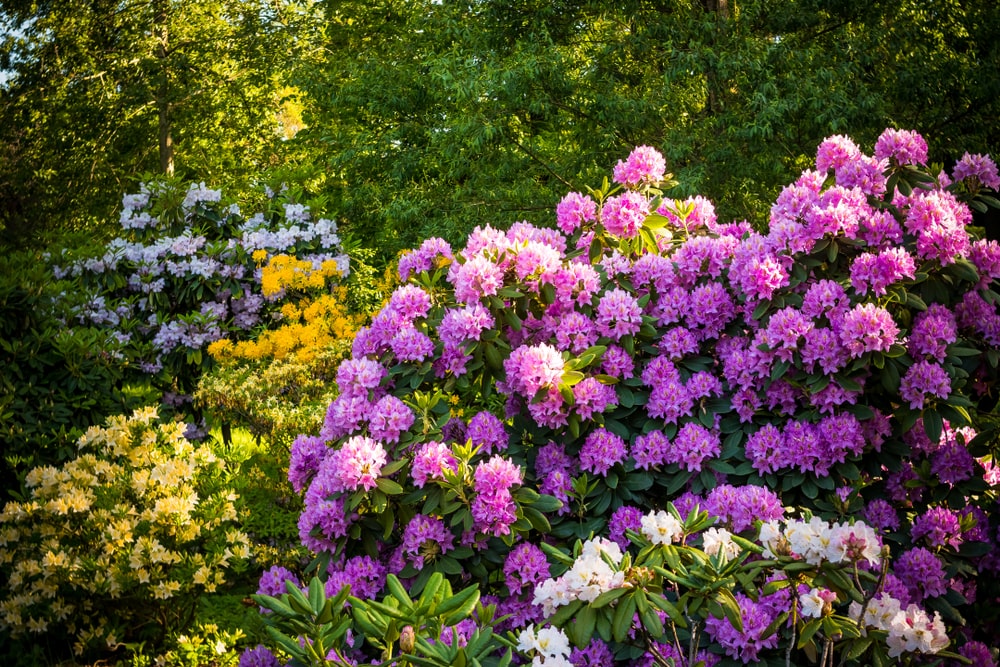
These stunning shrubs grow large and are often found deep in British forests. Belonging to the heather family, Rhodies prefer shady locations and burst into blooms of various shades and colours.
Most varieties are evergreen.
Planting time: April or May
Growth height: depending on the species, up to 4m
Flowering period: March to July
Care: prefers low-lime, aerated, moist soil.
Yew
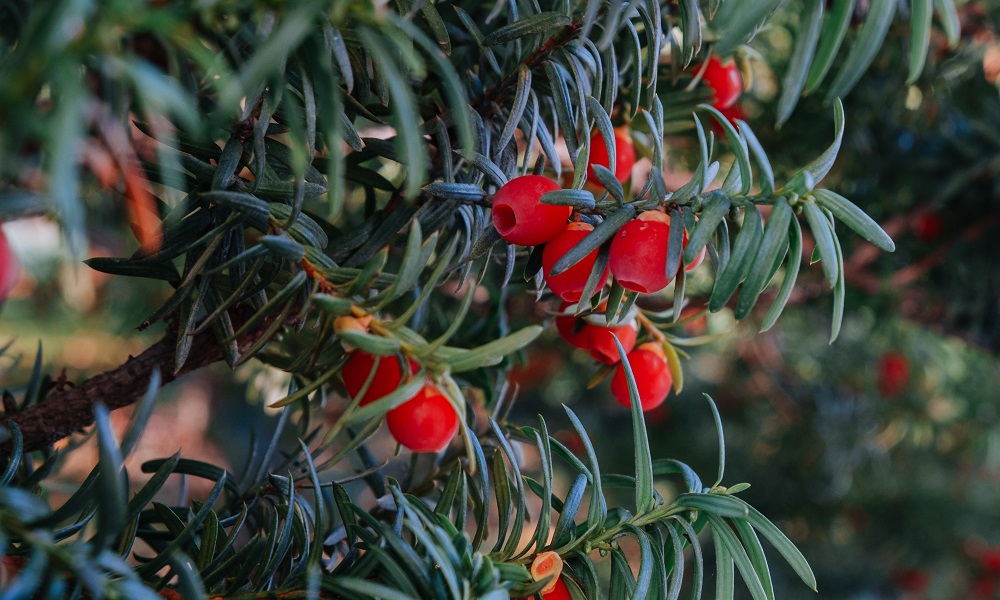
Yew trees grow large, but it’s possible to train your yew (Taxus baccata) into a shrub or bush.
The yew bursts into Scarlett berries with hardy, evergreen leaves, which the birds love.
Read more about growing and pruning yew tree varieties in our expert guide.
Planting time: spring
Growth height: up to 8m
Flowering period: March and April
Care: requires well-drained soil
Alpine Currant
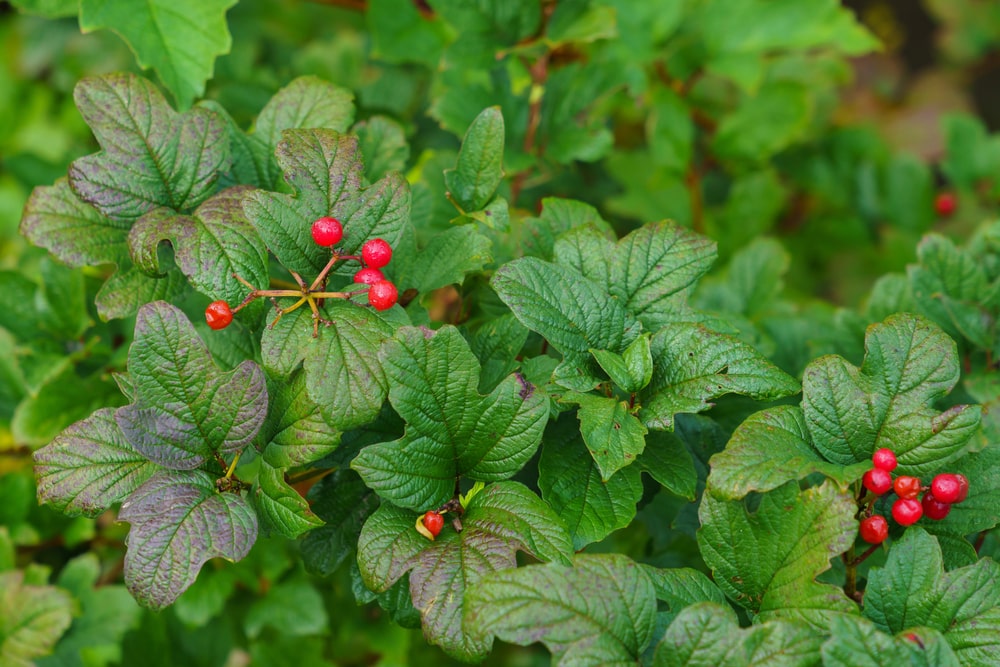
The Ribes alpinum is a perennial shade-loving plant that hails from the Alps. It thrives with very little daylight and is easy to maintain.
This large bush is ideal for hedges — and the birds will be attracted to the berries.
Planting time: spring to autumn
Growth height: up to 2m
Flowering period: April and May
Care: prefer well-drained chalky soil
Sedge
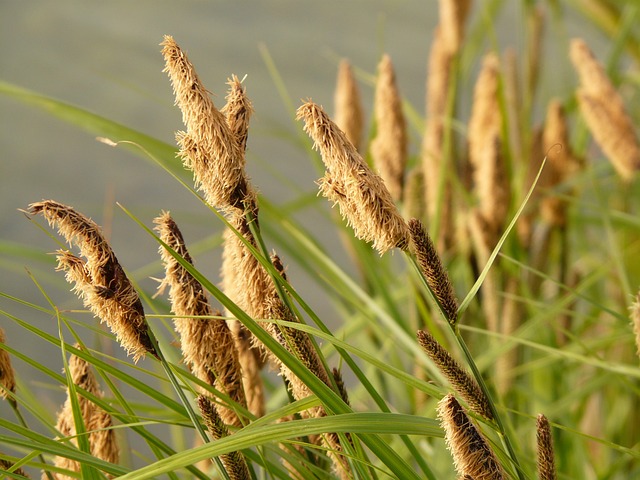
Sedges are ornamental grasses that thrive in shade or partial shade. Available in a range of varieties, sedges are robust and adaptable to a range of garden conditions.
Planting time: Spring to autumn
Growth height: 20-120 cm
Flowering period: March to September
Care: give the soil some fertiliser in spring
Planting and aftercare of shade-loving plants
As you can see, most shade-loving plants are best planted in spring or autumn. Bulb plants are best planted in autumn to give them time to establish over the winter, ready for spring.
Before planting, ensure that the soil is:
- Loosened — either using an aerator or turning the soil over with a fork, especially for compacted soil
- Cleared — removing stones, debris, and weeds
- Fertilised — with a feed appropriate to the plant species
Immerse the root ball in water before planting, and ensure the surrounding soil gets plenty of water after transferring the plant into its final spot.
All shade-loving plants need some daylight, so choose the appropriate spot according to the plant’s needs. Check the label when you buy plants for shaded regions of the garden; otherwise, the plant could die or look a little sorry for itself sitting in the dark.
Generally speaking, plants with lighter-coloured leaves require more daylight than those with darker leaves.
Tip for selecting your shade-loving plants
When choosing your shade-loving plants, consider the following:
- The size and growth of the full-grown plant — are you creating harmony with the other plants in the garden?
- Does the spot get any direct light (or is it in full shade)? Choose adaptable plants if the light conditions change throughout the day.
- Choose plants with complementary colours and textures to create varied and interesting beds.
- Pay attention to the water requirements of your shade-loving plant, remembering that over-watering can be as bad as under-watering. Shaded areas don’t dry out as quickly as soil in full sun.
Some successful shade-loving plant combinations
- Coleus and pansy — two annual shade plants that bring colour to dark corners, offering good contrast in texture
- Lobelia and fern — the pretty small flowers of the lobelia harmonise beautifully with the delicate fern fronds
- Hosta and alchemilla — these perennial plants complement each other in leaf shape and colour
- Asian bleeding heart and Forget-Me-Not — the striking red of the bleeding heart goes well with the delicate sky-blue Forget-Me-Not flowers.
- Rhododendron and yew — the bountiful rhodie flowers look great next to the yew’s evergreen foliage and red berries
- Alpine currant and sedges — the blood-red Alpine currant berries contrast beautifully with the fine sedge stems.
Beautiful shaded gardens
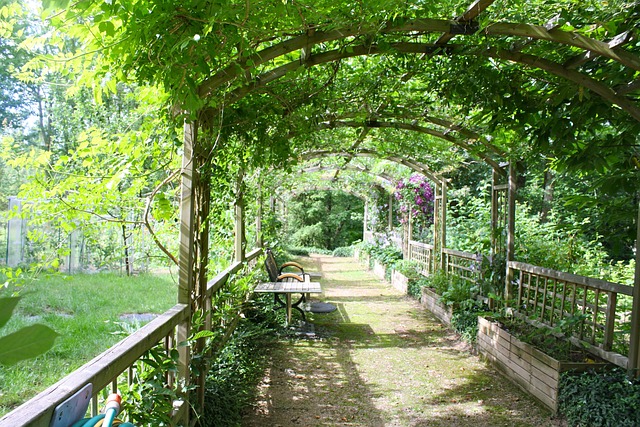
A shady garden can feel like a disappointment, but it really doesn’t need to. Hopefully, we’ve demonstrated here that shady gardens can still be colourful and bountiful.
Transform shaded corners into lovely, restful havens, and you’ll enjoy colour and texture all year round. In fact, shade-loving plants often produce interest longer than sun-loving plants in the UK — because, let’s face it, we get more cloudy than sunny days.
FAQs
There’s a long list of beautiful flowering plants that thrive in the shade, including lobelia, fuchsia, hosta, pansy, lily of the valley, heuchera, woodruff, forget-me-not, Asian Bleeding Heart, and Rhododendron.
Think about the plants you’re likely to see in a forest, and you have a list of plants suitable for full or dappled shade. Some of the best shade-loving plants include bluebells, wild garlic, sedge grasses, yew, alpine currant, alchemilla, and woodruff.
Some of the best shade-bloomers include Asian Bleeding Heart, hosta, heuchera, woodruff, rhododendron, woodruff, and coleus.
Any questions?
I hope I’ve given you plenty of food for thought regarding shade-loving plants for your garden. But if you have questions, don’t hesitate to get in touch (or add a question in the comments section below).
Alternatively, check out our comprehensive Help & Advice section for a wide variety of gardening and lawn care articles.
Thanks for reading!
Leave a comment
Your answer will be displayed on the site and the interested party will be notified by email.
Leave a comment
Have a question or want to share your experience? Leave us a comment.
Read more
The best tips and tricks for a lush green lawn
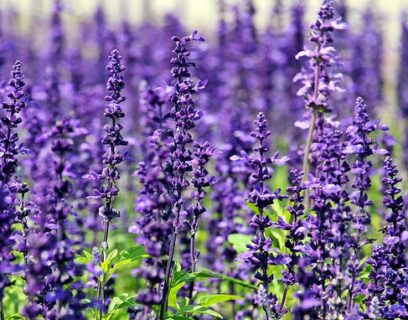 7 MIN
13 Sep
Lavender Cuttings: a step-by-step guide
7 MIN
13 Sep
Lavender Cuttings: a step-by-step guide
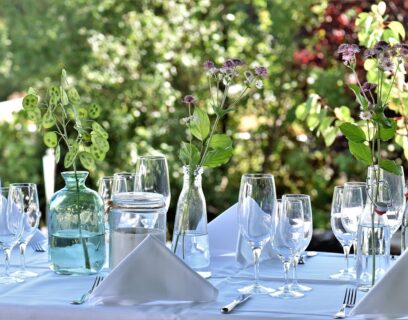 11 MIN
10 Sep
Create Your Low-Maintenance Garden – Tips and Ideas
11 MIN
10 Sep
Create Your Low-Maintenance Garden – Tips and Ideas
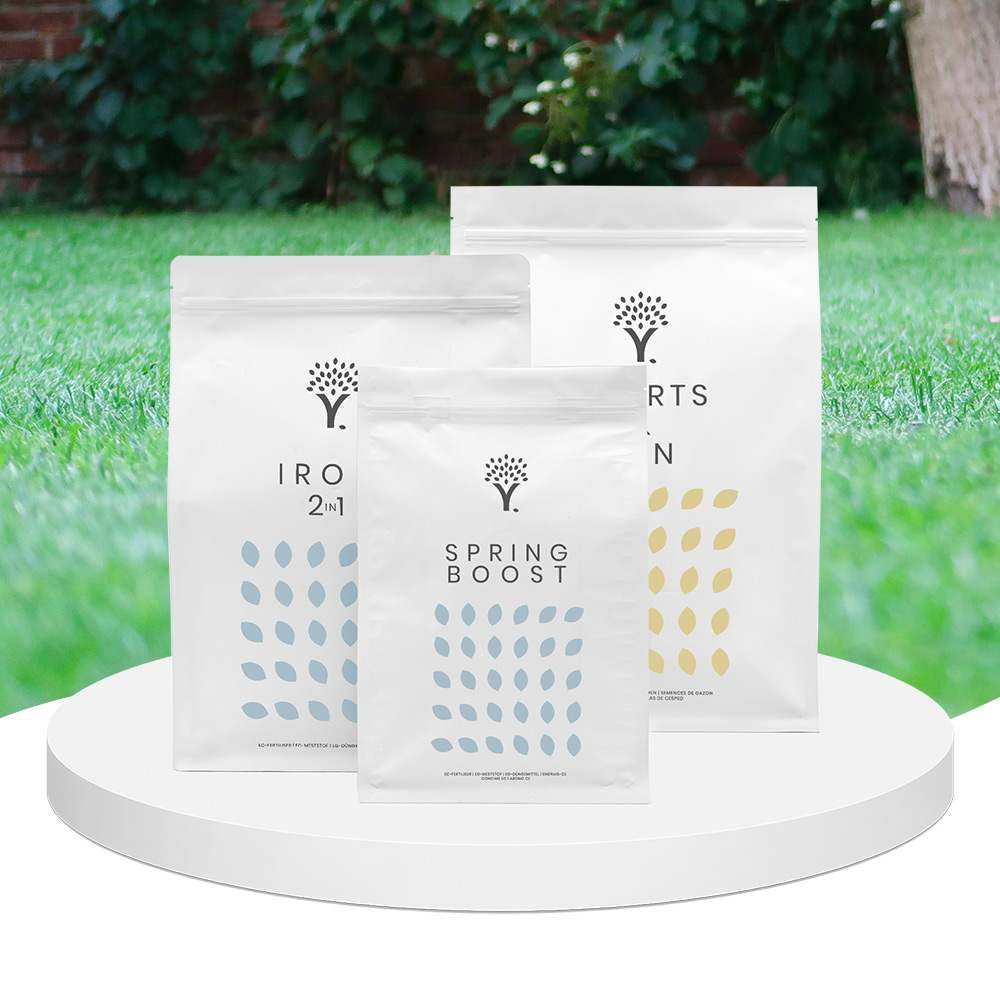 Scarifying Kit
All products after scarifying | Quickly restores the lawn after scarifying | Outsmart weeds quickly with the use of this kit
From: € 39.99
Scarifying Kit
All products after scarifying | Quickly restores the lawn after scarifying | Outsmart weeds quickly with the use of this kit
From: € 39.99
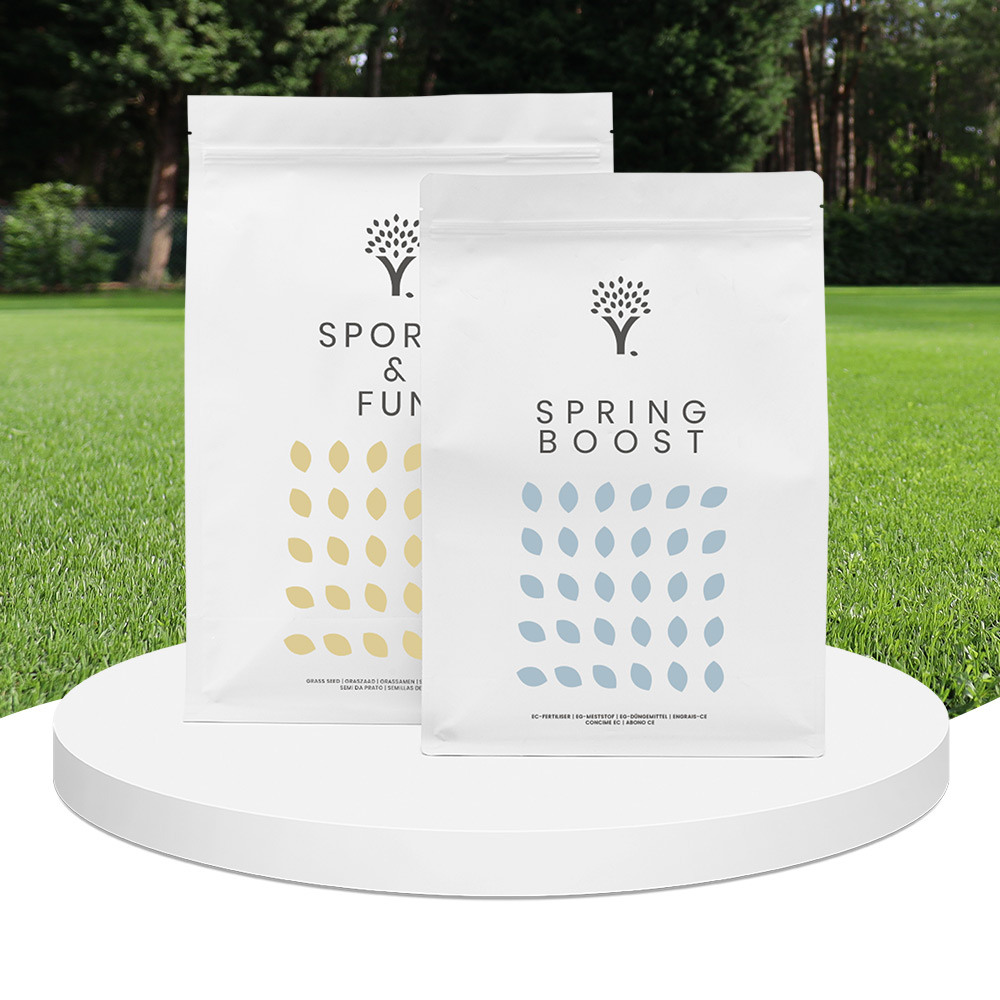 Spring Lawn Care Kit
MOOWY’s choice for the spring | Quick recovery of your lawn after winter | A strong lawn prevents weeds
From: € 25.99
Spring Lawn Care Kit
MOOWY’s choice for the spring | Quick recovery of your lawn after winter | A strong lawn prevents weeds
From: € 25.99
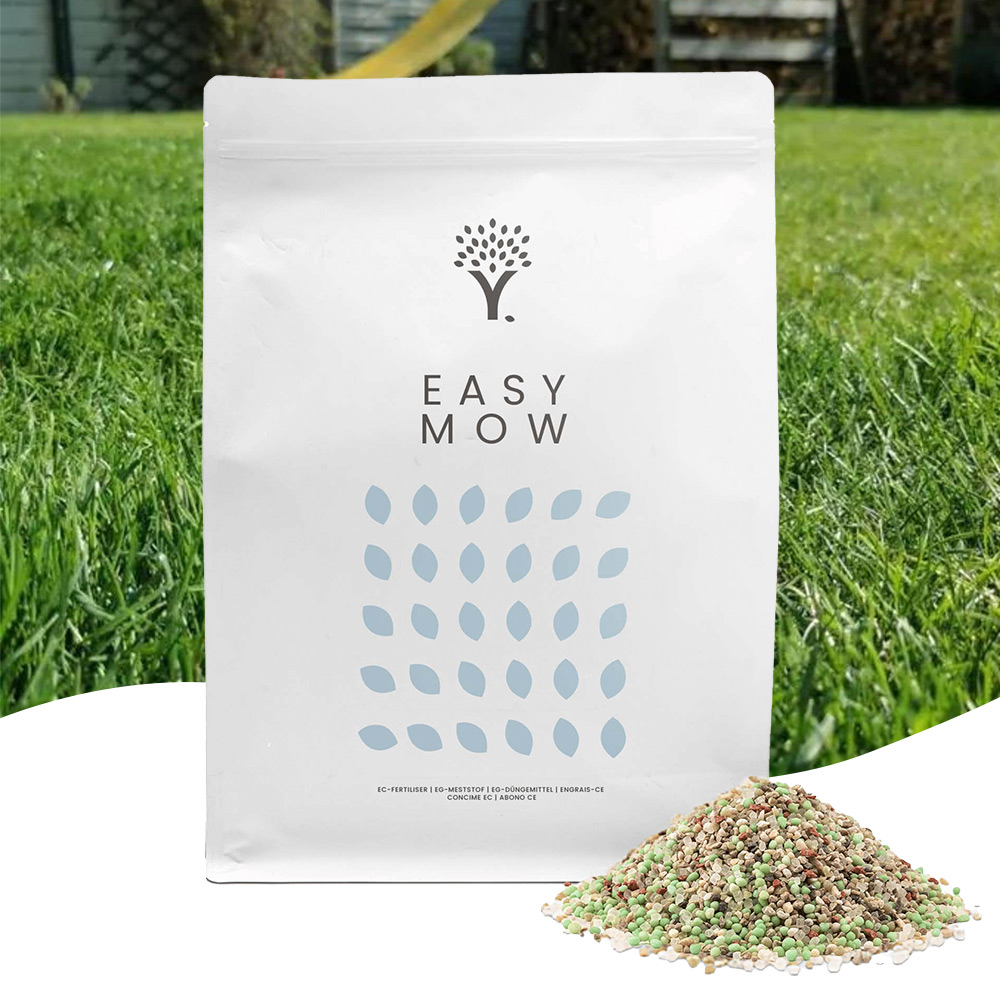 Long Lasting Lawn Fertiliser
Effective for 90 days | See results in 14 days! | Suitable for all types of grass and soil
From: € 13.99
Long Lasting Lawn Fertiliser
Effective for 90 days | See results in 14 days! | Suitable for all types of grass and soil
From: € 13.99
Do you want a lawn calendar?
🌱 All important maintenance moments for your lawn during the year. Leave your email and we will send you the lawn calendar for free.
Enter your email
Receive the lawn calendar in the mail
Enjoy a green lawn all year round!




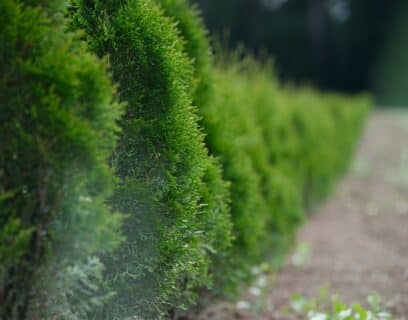

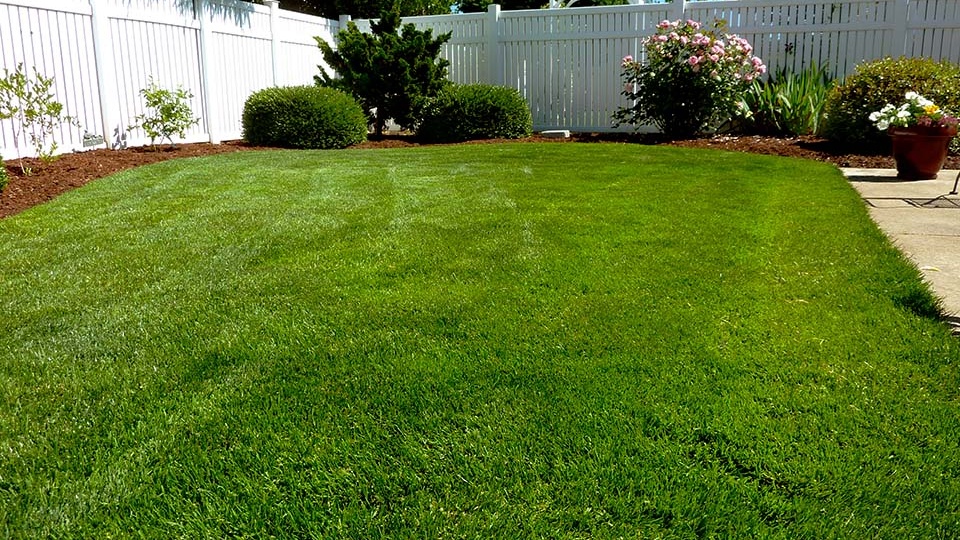
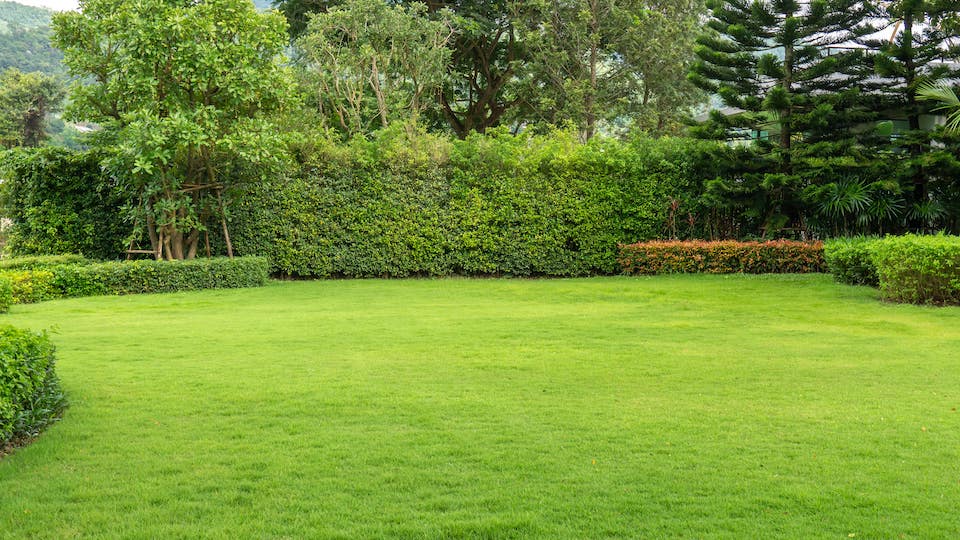
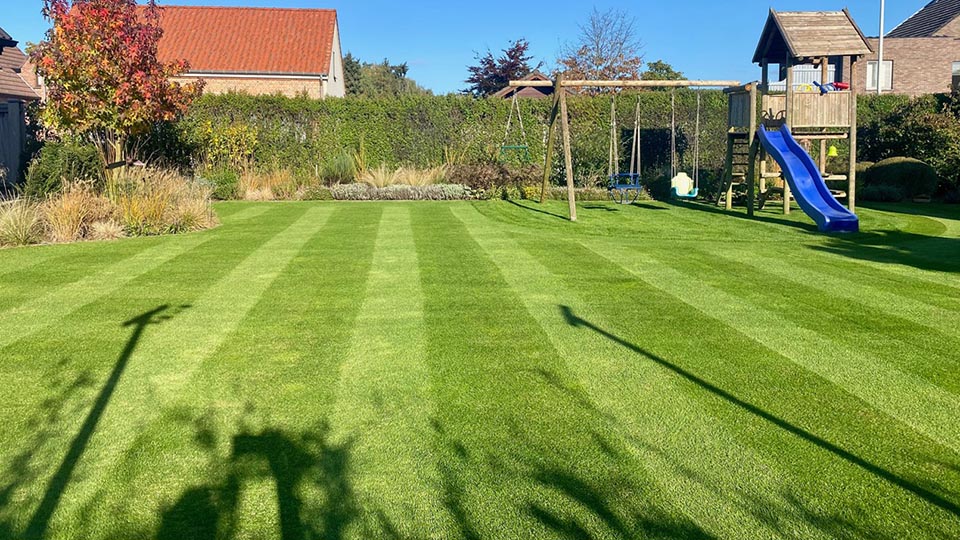
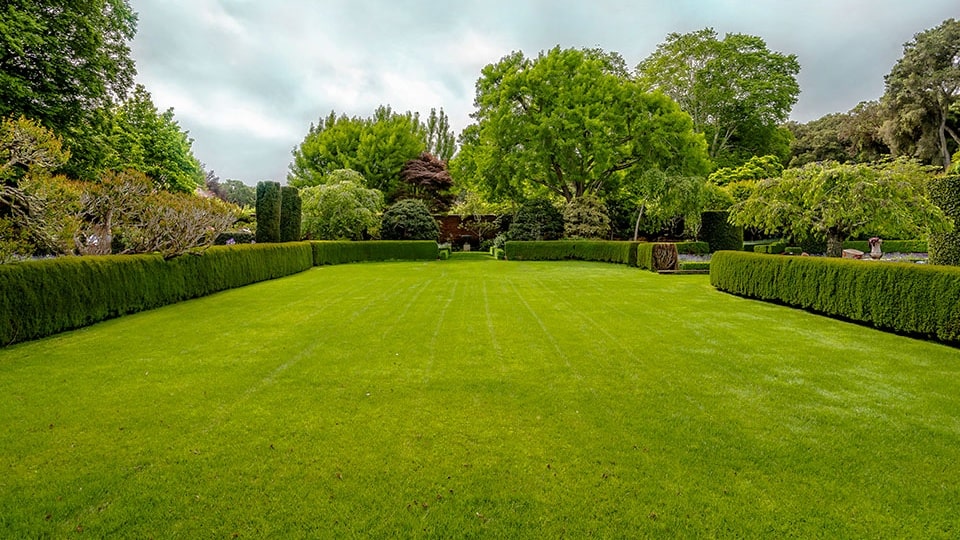
Comments (0)
There are no comments yet. Well then, what are you waiting for to
Be the first to write your comment!inaugurate this pretty page?
Do you have some comments?